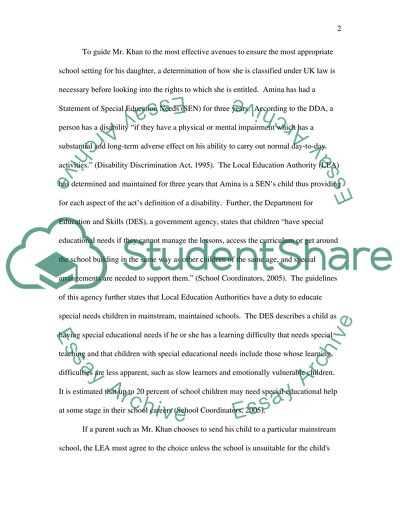Cite this document
(“Education Law Essay Example | Topics and Well Written Essays - 2750 words”, n.d.)
Education Law Essay Example | Topics and Well Written Essays - 2750 words. Retrieved from https://studentshare.org/miscellaneous/1535717-education-law
Education Law Essay Example | Topics and Well Written Essays - 2750 words. Retrieved from https://studentshare.org/miscellaneous/1535717-education-law
(Education Law Essay Example | Topics and Well Written Essays - 2750 Words)
Education Law Essay Example | Topics and Well Written Essays - 2750 Words. https://studentshare.org/miscellaneous/1535717-education-law.
Education Law Essay Example | Topics and Well Written Essays - 2750 Words. https://studentshare.org/miscellaneous/1535717-education-law.
“Education Law Essay Example | Topics and Well Written Essays - 2750 Words”, n.d. https://studentshare.org/miscellaneous/1535717-education-law.


